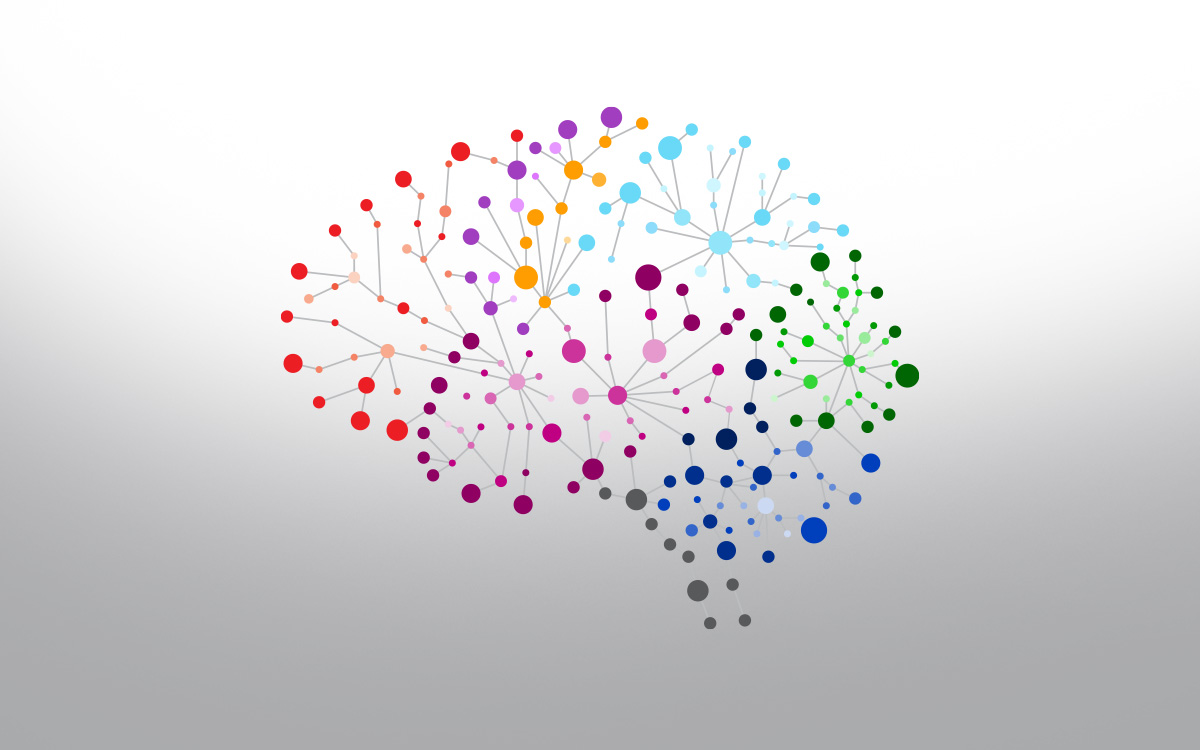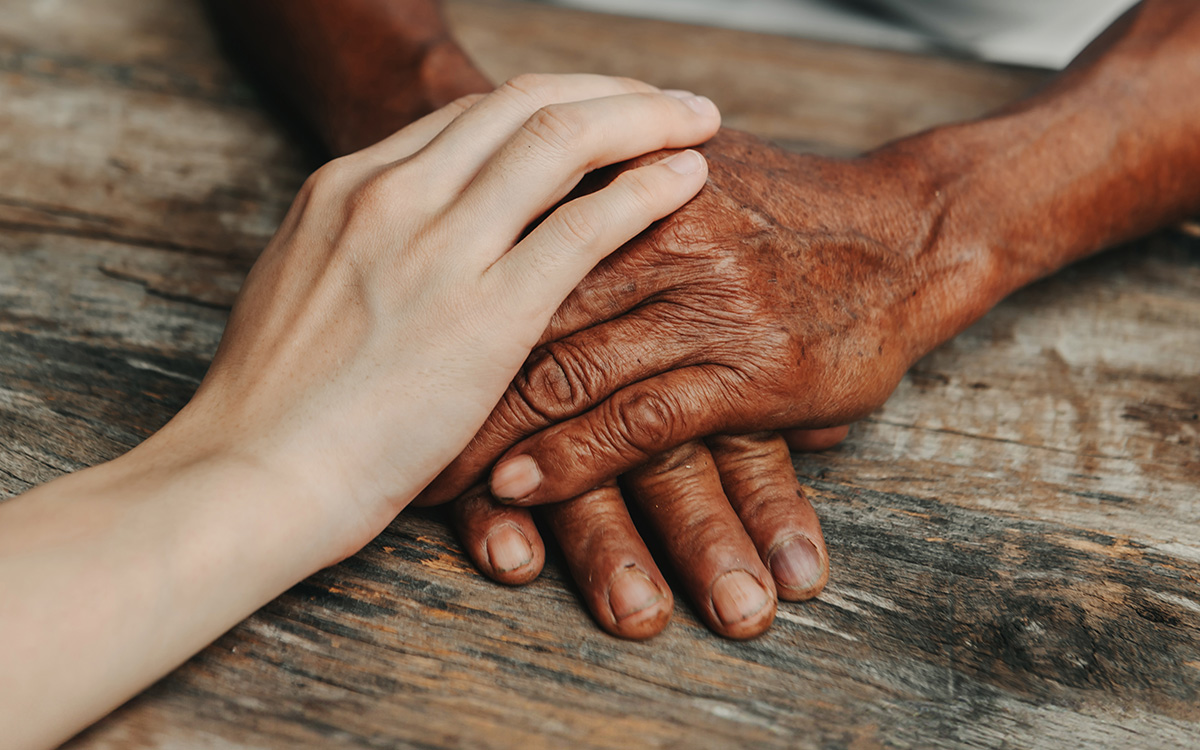While caregiving for someone with dementia can present some challenges, it also comes with emotional benefits and rewards that can be deeply fulfilling. Here are the top 10 positive aspects of being a caregiver that we have witnessed over the years through our work at Dementia Solutions.
1. Sense of Purpose: Many family caregivers find a sense of purpose and fulfillment in caring for a loved one with dementia. Knowing that they are making a positive difference in their loved one’s life can be incredibly rewarding. In the past, we’ve worked with a client who expressed feeling like the “black sheep” of their family – that is, they diverged from the conventional paths taken by their siblings, opting not to marry or have children. When it came time for mom needing full care, this daughter stepped up and had the capacity to care for mom as her full-time caregiver. From this role, she felt a huge sense of purpose in her family.
2. Deepened Connection: Caregiving can deepen the bond between the caregiver and the person with dementia. Despite the challenges, caregivers often find moments of connection and intimacy that strengthen their relationship. For instance, a client of ours who was an only child, had a distant relationship with her mother, now suddenly found herself placed into the role of being her Mom’s primary caregiver. She was never “close” to her mom, but she found out through her Mom’s concerned neighbours that Mom wasn’t functioning well on her own. She reluctantly stepped up into this new role. She brought her Mom to live with her and though this transition was initially awkward, this opened the door for their relationship to blossom into a closeness neither one of them thought would have been possible, given their many years of living apart from each other. During these years together, this mother and daughter duo became so close and developed a profound bond with each other.
3. Personal Growth: Caregiving can be a catalyst for personal growth and self-discovery. The experience of caring for someone develops resilience, patience, and empathy as caregivers learn to travel new roads and navigate the challenges of caring for someone with dementia. A member of our monthly support group opened up about how much she relied on her husband to handle their transportation needs. In the past, he had been the one to drive around to run on errands and outings. However, due to his cognitive changes, it was no longer safe for him to drive. During one of our sessions, she shared how proud she was to have, for the first time, driven her husband downtown for an appointment. She embraced this newfound role with pride and determination.
4. Increased Empathy: Caregivers often develop a deeper understanding and empathy for others who are going through similar experiences. They may become advocates for dementia awareness and work to support others in similar situations. A male caregiver who had a rough go with his role caring for his wife, later on became very supportive to other husbands. This was because of his increased empathy for how hard it can be being a caregiver…especially for his wife who used to be a nurse!
5. Sense of Accomplishment: Successfully meeting the challenges of caregiving can provide a sense of accomplishment and pride. Caregivers may feel a sense of satisfaction in knowing that they are providing the best possible care for their loved one. After the passing of her mother and brother who both had dementia, one of the members in our support group shared how proud she was of herself for all she did in supporting both of them until the end.
6. Enhanced Perspective: Caregiving can provide caregivers with a new perspective on life and what truly matters. They may gain clarity on their priorities and values, leading to a more fulfilling and meaningful life. Sometimes we sweat the small stuff. Many of the caregivers we’ve supported eventually get to the point of starting to say, “it is what it is” as they learn to let go of minor concerns and focus on the present and experiencing cherished moments with their loved ones. This tells us they have come to terms with the situation and know the importance of going with the flow.
7. Positive Memories: Caregiving can create enduring memories and moments of joy that will linger and remain for caregivers long after their loved one has passed. These positive memories can bring comfort and solace during difficult times. At Dementia Solutions, we love when caregivers share their positive memories with us and others.
8. Self-Reflection: Caregiving provides opportunities for self-reflection and introspection. Caregivers may gain insight into their own strengths, weaknesses, and values, leading to personal growth and self-awareness. One of the wives in our support group is very artistic. She showed us her art journal of her experiences caring for her husband. She shared that her journal helped her to look back to reflect on how her world had been changing…so did her attitude, skills and knowledge.
9. Resilience: Despite the difficulties, many caregivers find strength and resilience in the face of adversity. They learn to adapt to change, overcome obstacles, and find creative solutions to caregiving challenges. One caregiver who felt weak caring for her husband for so long, now is showing strength and is feeling empowered to the point that she is now supporting other caregivers.
10. Gratitude: Caregivers develop a greater appreciation for life and the relationships they have with their loved ones. They are reminded to feel grateful for the time they have together and cherish the moments of joy and connections to new friends in support groups.
Although caregiving for someone with dementia presents emotional challenges, it also offers many opportunities for personal growth, profound connections, emotional maturity and an attitude that focuses on rewards that can enrich the caregiver’s life and deepen their relationships with their loved ones. We have seen this first hand and our heartfelt wish for current and new caregivers is for them to be able to embrace the rewarding moments of their dementia caregiving journey. Caregiving brings out courage we never thought we have. In finding courage, we discover newfound self-confidence as we immerse ourselves into our new role and bring strength, depth and meaning in our relationships with those we love and treasure most in life. Lastly, it brings us hope to know that together as care-givers, care-receivers and us as a broader caring community, are bigger than the diagnosis and prognosis of dementia. There is truly hope and joy and life after a dementia diagnosis.
Karen Tyrell CPCA, CDCP is a Dementia Consultant, Educator, Author & Advocate, and Founder of Personalized Dementia Solutions Inc. (www.DementiaSolutions.ca). Karen offers her expertise on dementia care through speaking engagements; workshops; support groups (both online and in-person) and by working one-on-one with families/caregivers to provide emotional support and practical solutions. She was also on the design team for The Village Langley (Verve Senior Living) and provides ongoing education to the Village team, families and the community. If you would like to learn more, please feel free to reach out.
DISCLAIMER:
The contents of this blog are provided for information purposes only. They are not intended to replace clinical diagnosis or medical advice from a health professional.




